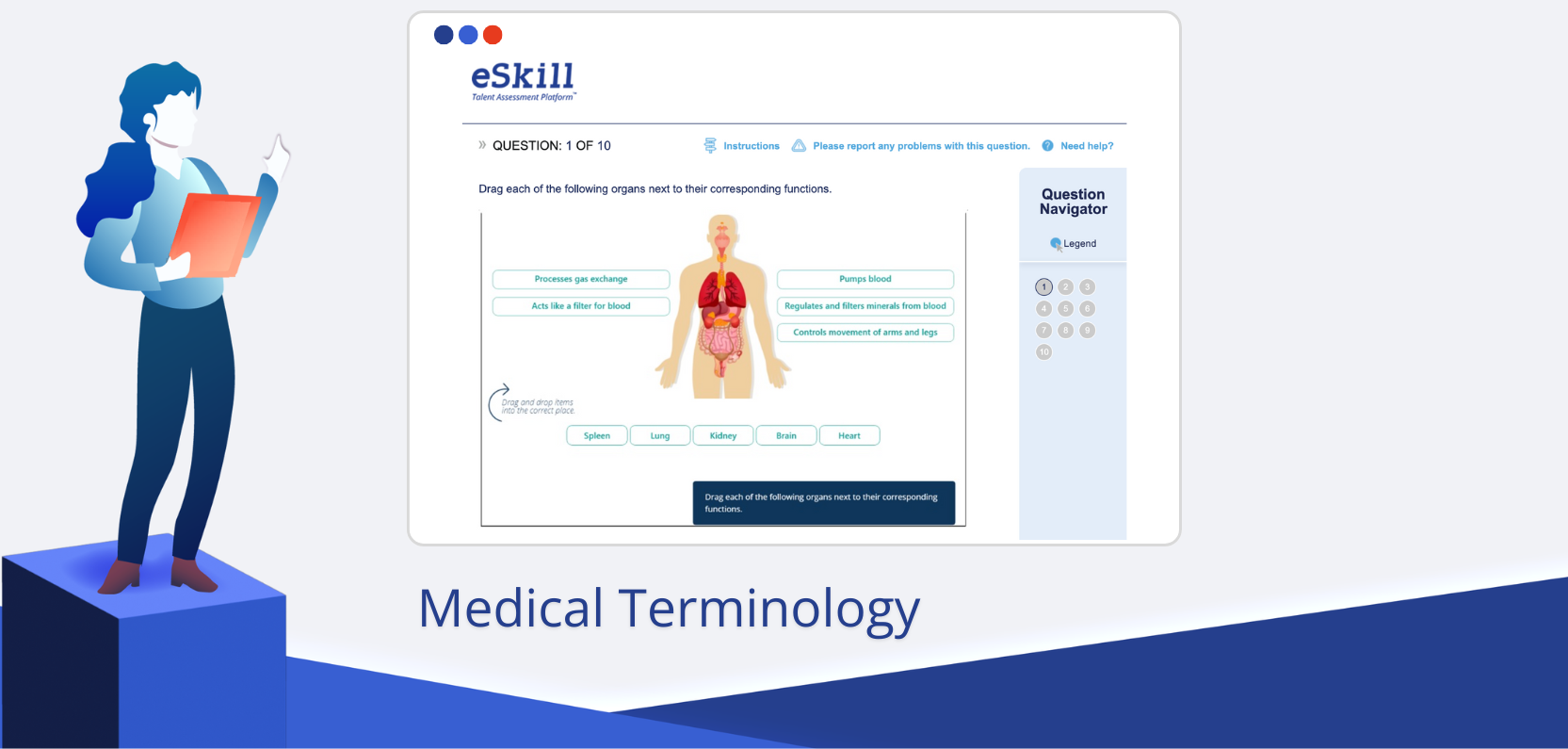The ability to think critically and use numerical reasoning skills has become much more important in the workforce in recent years. To that end, psychometric testing can be a big help in determining whether a given individual has what’s needed for a specific position, by measuring the following applicant characteristics:
- Skills
- Abilities
- Personality types
Numerical reasoning ability is one of the most basic skill areas, one that exists in small children well before they are taught mathematics in school. Numerical reasoning tests, also known as data interpretation or numerical critical reasoning tests, involve evaluating situations and drawing conclusions from the data provided to assess one or several of the following:
- Critical thinking ability
- Basic or general arithmetic operations
- Ability to perform estimates
- Ability to analyze graphs and other data
- Level of speed in making analyses or assessments
- Level of concentration in solving problems
It’s considered to be one of the most basic skills needed in today’s data-driven marketplace, and without strong numerical reasoning skills, it would be difficult to succeed in many jobs today. Many fields benefit from this type of testing, including most clerical and administrative jobs, jobs found in the craft and technical field at any level, and even positions in police or fire departments, or in the military field.

Assessments that measure job applicants’ ability to use and respond to numerical data in the context of the work environment are the best way to measure these important skills. Along with critical thinking, numerical reasoning ability is considered to be a very important skill for close to a hundred occupations, from accountant to management analyst, as well as a necessary skill for many other positions.
Numerical reasoning is a higher-order thinking skill and an important factor in assessing work performance. Usually, numerical thinking skills are measured using one or several of the following methods:
- Arithmetics
- Graph interpretation
- Manipulating data
- Patterns and relevant information
- Table interpretation
Higher-order numerical reasoning skills go beyond traditional arithmetic skills such as adding, subtracting, multiplying, and dividing. Interpreting data provided in graphs and charts involves understanding the data presented and then being able to manipulate or apply that information. Careful and accurate comprehension of the data, regardless of the format it may be presented in, is the key. Deciphering patterns and determining relevant information is another aspect of numerical reasoning that is very useful in jobs involving analysis and making predictions of any sort.
Many people who don’t use numerical operations very often feel intimidated by these types of tests. What you need to remember is that you don’t need a high level of mathematical study to get a good result in these tests, because basically they measure your reasoning abilities and not your mathematical knowledge, and remember also that your test performance can surely be improved through practice.

Sign up for our newsletter






.png)